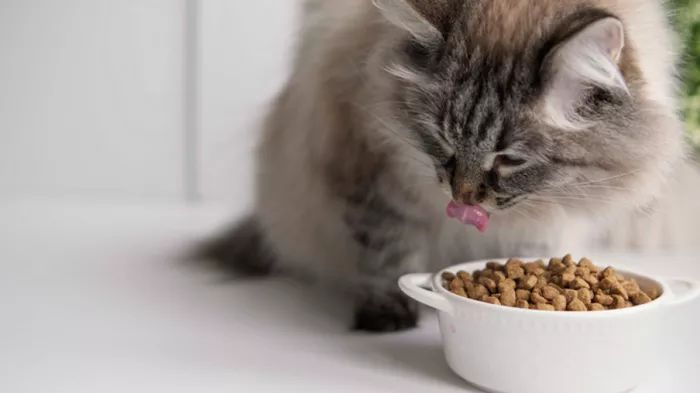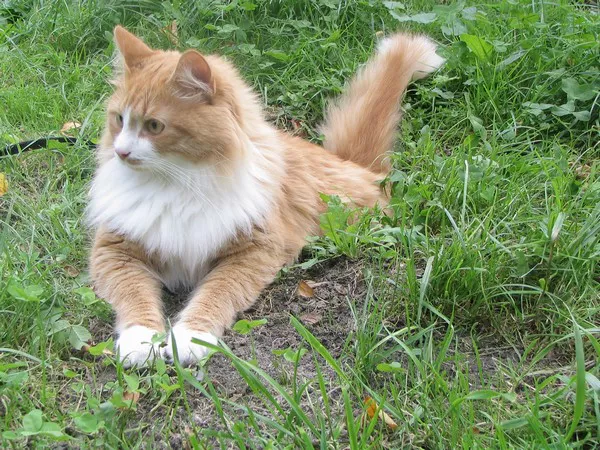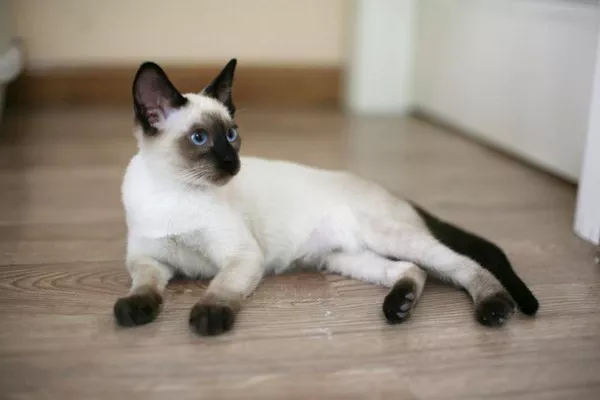SEOUL – A spate of unexplained cat deaths has ignited a contentious debate between pet owners and authorities in South Korea, with many owners skeptical of official assurances that pet food is not to blame.
According to animal activist groups Life and Myoeon, 513 cases of cats exhibiting acute neuromuscular diseases, high fever, elevated liver enzymes, and kidney failure have been reported as of May 12, with 181 of these cats having died. The activists, citing owners, claimed all affected cats had consumed pet food from a single manufacturer between January and April this year.
The implicated manufacturer is a contract-based producer responsible for nearly 30 pet food products under various brands.
The Ministry of Agriculture, Food and Rural Affairs conducted an investigation but found no link between the deaths and the suspected cat food. Their tests on over 50 pet food samples, including those identified by cat owners, for 78 toxic substances, seven viruses, and two types of parasites and germs yielded no conclusive results.
Additional examinations by the Animal and Plant Quarantine Agency on 10 deceased cats, testing for 17 types of infection, 34 substances associated with myopathic disorders, and 859 harmful substances, also did not find a definitive cause.
These findings suggest that the recent deaths were not due to another avian influenza outbreak. In August, the Agriculture Ministry had identified the highly pathogenic H5N1 AI strain in cat food as the cause behind the deaths of 38 cats at an animal shelter in Yongsan-gu, Seoul.
Despite these assurances, the government’s response has not alleviated the concerns of cat owners. Shim In-seop, president of Life, criticized the ministry’s investigation, suggesting that the current testing system may be inadequate for pinpointing the issue. He referenced a similar incident in 2015, where state-led testing failed to identify problems in certain cat food products despite reported bladder infections in cats.
Shim argued that the authorities should have banned the sale of the suspected cat food products immediately after symptoms emerged in over 100 cats. “Due to their lax and irresponsible response and lack of information, cat owners had to rely solely on social media for communication,” he said.
Cat owners have formed a committee demanding a thorough investigation involving international experts to ascertain the precise cause. The People’s Welfare Countermeasure Committee has also filed a lawsuit against Minister of Agriculture, Food and Rural Affairs Song Mi-ryung, accusing her of failing to respond adequately to early reports of cat deaths and to prevent further fatalities by banning the suspected cat food products.
In online communities, the suspect pet food maker is referred to as “Voldemort” — a nod to the Harry Potter villain whose name is taboo. These forums are filled with posts seeking verification of safe cat food products or listing potentially problematic ones, with many users expressing a preference for imported products due to doubts about Korea’s pet food standards.
Kim Min-ha, a Seoul resident with a 12-year-old cat, was relieved to find that her cat’s food was not on the list of suspected brands. She reflected on the worry she felt when her cat’s kidney issues coincided with the emergence of the problem.
As the investigation continues, cat owners and advocacy groups are pushing for greater transparency and stringent measures to ensure the safety of pet food products in South Korea.






















